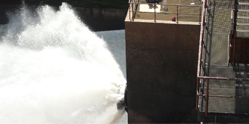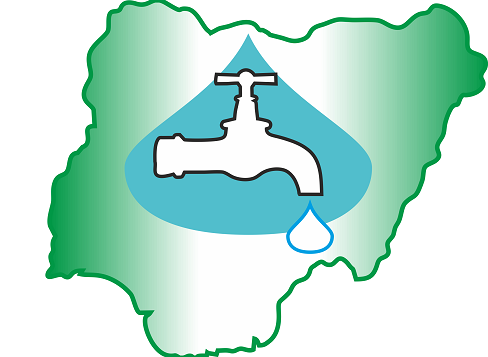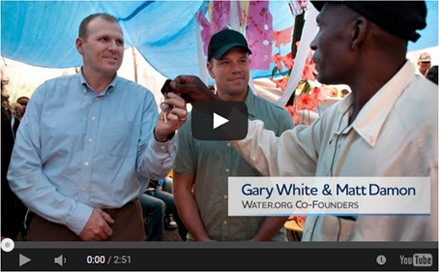

Mindful of the modest water supply situation in our urban centres. the National Urban Water Sector Reform Programme provides a holistic approach towards achieving its objectives of increasing access to piped water networks in urban areas while making urban water utilities more reliable and Financially viable.
The reform programme having done a critical review of our past experiences have designed measures for a better future that will see more households connected to piped system. lt places emphasis on sustainable water provision with a view to improving the commercial and technical performance of existing water utilities through multi-level partnerships involving the private sector and the communities.
With an eye on quality and recommended standards. appropriate regulation will be encouraged in the sector through legislation of state water regulatory authorities. The programme has commenced with the lst National Urban Water Sector Reform Project focusing on Kaduna, Enugu and Ogun states. The second phase of the project involving Lagos and Cross River States has alsojoined in line with the stepwise approach to ensure coverage of all urban centres by the intervention.
This bold move is in agreement with fulnlling our Millennium Development Goals commitment of reducing by half the percentage of the population without access to potable water by the year2015. The broad spectrum of the reform will see to the strengthening of the national water supply and sanitation policy ushering in a new environment of improved and sustainable water supply while setting national guidelines for regulating water supply.
This pro-masses initiative will institute the low income household sen/ice strategy aimed at increasing access to potable waterfor indigent urban dwellers. To make way for appropriate planning, monitoring and evaluation of coverage and accessibility a baseline data that capture existing national water supply and sanitation facilities have been undertaken with a view to establishing a national database. While the reform implementation will see to the expansion and rehabilitation of water supply systems, capacity building for effective operation will be embarked upon in addition to the deployment of appropriate communication tools to ensure that all stakeholders are carried along.

